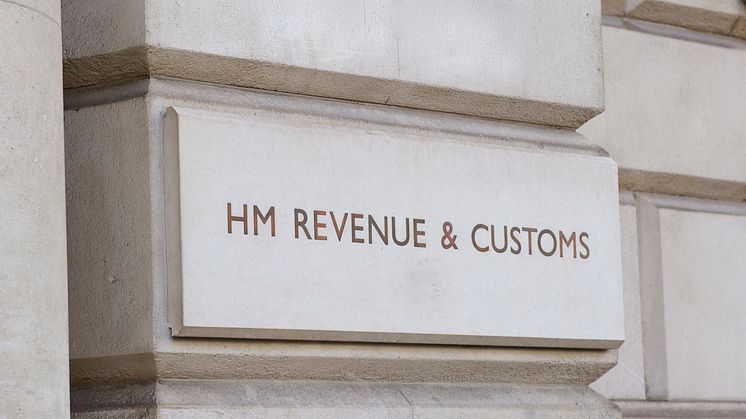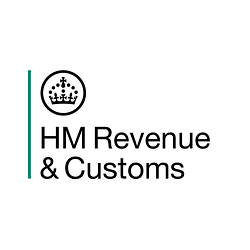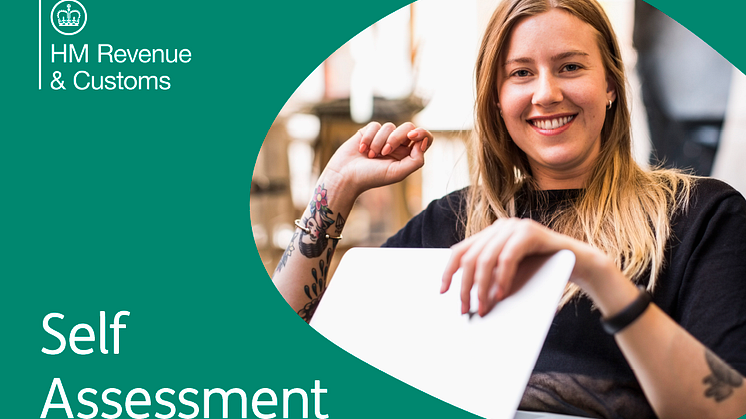
Press release -
One week to file your Self Assessment return
Time is running out for customers who still need to file their Self Assessment tax return and avoid a penalty, HM Revenue and Customs (HMRC) has warned.
The deadline for submitting tax returns was 31 January but, this year, HMRC gave customers extra time to complete their 2020/21 tax return. They have until 28 February to file their return to avoid a late filing penalty.
About 12.2 million customers are expected to file a tax return for 2020/21 tax year and more than 10.2 million were received by 31 January.
About 1.5 Million customers have just one week left to complete their late tax return.
HMRC has given customers until 1 April to pay their outstanding tax bill or set up a time to pay arrangement to avoid receiving a late payment penalty. Interest has been applied to all outstanding balances since 1 February.
The existing Time to Pay service allows any individual or business who needs it, the option to spread their tax payments over time. Self Assessment taxpayers with up to £30,000 of tax debt can do this online once they have filed their return. Almost 100,000 customers have used this service since April last year, spreading the cost of their tax bill into manageable monthly instalments.
If customers owe more than £30,000, or need longer to pay, they should call the Self Assessment Payment Helpline on 0300 200 3822.
Myrtle Lloyd, HMRC’s Director General for Customer Services, said:
“There is one week left to complete your tax return if you haven’t done so already. And for anyone who is worried about paying their tax bill, there is support available – search ‘pay my Self Assessment’ on GOV.UK.”
From 22 February, customers will be able to make Self Assessment payments quickly and securely through the HMRC app. Customers choosing to make secure Self Assessment payments through the HMRC app can either connect to their bank to make their payments or pay by Direct Debit, personal debit card or corporate/commercial credit/debit card.
A full list of the payment methods customers can use to pay their Self Assessment tax bill is available on GOV.UK.
The 2020/21 tax return covers earnings and payments during the pandemic. Customers will need to declare Reporting coronavirus (COVID-19) grants and support payments up to 5 April 2021 on their Self Assessment, as these are taxable, including:
• Self-Employment Income Support Scheme (SEISS)
• Coronavirus Job Retention Scheme
• other COVID-19 grants and support payments such as self-isolation payments, local authority grants and those for the Eat Out to Help Out scheme
The £500 one-off payment for working households receiving tax credits should not be reported in Self Assessment.
It is important that customers check if you need to change your Self Assessment return for SEISS to make sure any SEISS or other COVID-19 support payments have been reported correctly in their Self Assessment.
HMRC urges everyone to be alert if they are contacted out of the blue by someone asking for money or personal information. Customers should always type in the full online address www.gov.uk/hmrc to get the correct link for filing their Self Assessment return online securely and free of charge. HMRC sees high numbers of fraudsters emailing, calling or texting people claiming to be from the department. If you’re in doubt, do not to reply directly to anything suspicious, but contact HMRC straight away and search GOV.UK for ‘HMRC scams’.
Notes to Editors
1. Find out more Self Assessment tax returns
2. 10.69 million Self Assessment customers have filed a 2020/21 tax return to date.
3. The free HMRC app is available on either the App Store for iOS or the Google Play Store for Android. Customers will need their Government Gateway user ID and password to sign into their account for the first time.
4. Follow HMRC’s Press Office on Twitter @HMRCpressoffice
Related links
Topics
Categories
Issued by HM Revenue & Customs Press Office
HM Revenue & Customs (HMRC) is the UK’s tax authority.
HMRC is responsible for making sure that the money is available to fund the UK’s public services and for helping families and individuals with targeted financial support.



